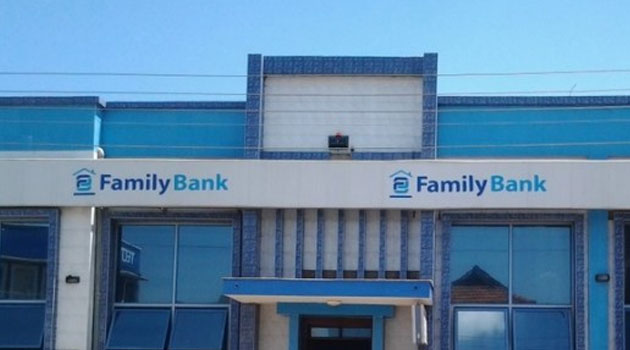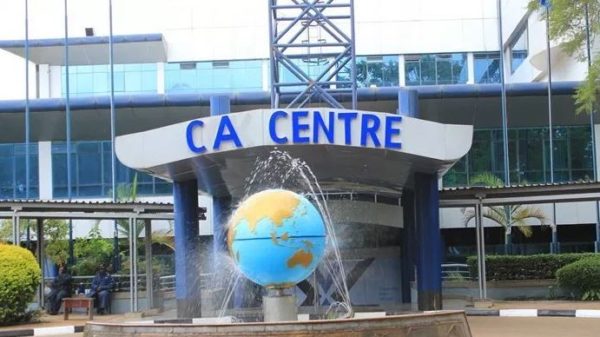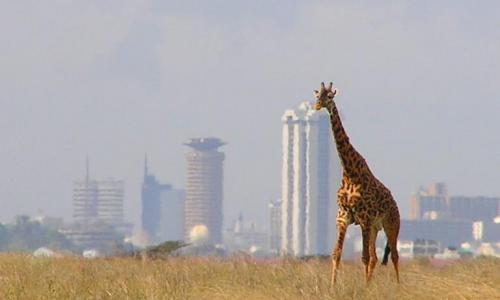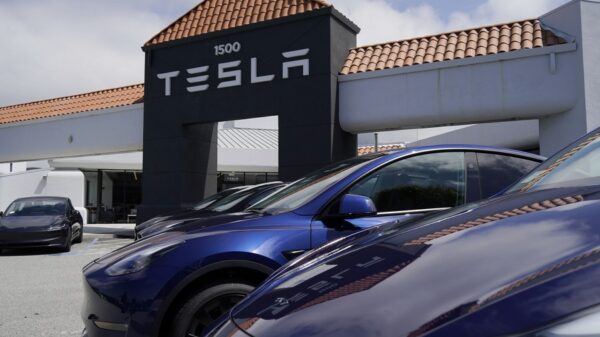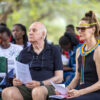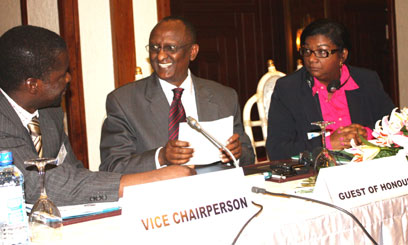 NAIROBI, Kenya, Dec 7- A meeting that will set the ground rules for the negotiations of the grand Free Trade Area (FTA) between three regional economic blocs kicked off on Wednesday, paving the way for the creation of Africa’s largest single market.
NAIROBI, Kenya, Dec 7- A meeting that will set the ground rules for the negotiations of the grand Free Trade Area (FTA) between three regional economic blocs kicked off on Wednesday, paving the way for the creation of Africa’s largest single market.
The East African Community (EAC), Southern African Development Community (SADC) and COMESA have commenced preparatory consultations in which their trade experts will work out the legal and institutional framework for the single FTA for the 26 countries.
“This meeting will agree on the rules of procedure for the negotiation forum, your terms of reference, and set specific time frames for your negotiation sessions,” Trade Permanent Secretary Eng Abdulrazaq Ali told the experts.
The negotiators have for the last six months been preparing for the talks at their national levels by for instance reviewing data and information on the regions’ trading arrangements.
They have until mid 2012 to conclude the preliminary phase after which a final agreement to establish the Tripartite FTA should be ready and signed by July of the same year.
While opening the meeting, the PS exuded confidence that talks on how to harmonise programs in the areas of trade, customs and the free movement of people would run smoothly and culminate into the establishment of the tripartite FTA in June 2015.
Overlapping membership for instance has in the past posed a challenge for the various regional blocs causing confusion, trade distortions not to mention the violation of the World Trade Organisation (WTO) principles.
However, Ali opined that this would not be an impediment in the tripartite negotiations since the discussions will be held between the Regional Economic Communities (RECs).
This is because among the member States, there are already existing Preferential Trading Arrangements and FTA trading arrangements that have been entered into.
The EAC sister states for instance have already agreed on tariffs on certain products and services as well as developed a list of sensitive products while the other two blocs have an FTA agreement in place.
“I believe that what will happen is that where we have RECs with FTA, we will build on that instead of starting on scratch,” PS added.
The negotiating teams have on the other hand recommended the adoption of clear positions for instance when it comes to issues of rules of origin as well as the development a simpler list of sensitive products that should be protected when the FTA is implemented.
Lessons and experiences drawn from the formation of the federation are expected to come in handy as the three blocs seek to lead the way in the integration of Africa as envisaged under the Lagos Plan of Action and the Abuja Treaty.
Besides creating a single economic space for the 26 countries, the implementation of a tripartite FTA will portend good tidings to the small and medium enterprises in the region as they will now have a bigger opportunity to expand their operations.
Its contribution to the Africa’s economic development and poverty reduction cannot be gained said.
In 2010 for example, the tripartite countries accounted for 60 percent of the continent’s Gross Domestic Product and for over 50 percent of the population of Africa.
Although still grossly under-exploited, trade has been growing significantly over the year. Estimates indicate that exports among the sister states grew $7 billion in 2000 to $27 billion in 2008 while the imports rose from $9 billion to $32 billion within the same period.
The creation of the single economic space is expected to unlock this potential.

